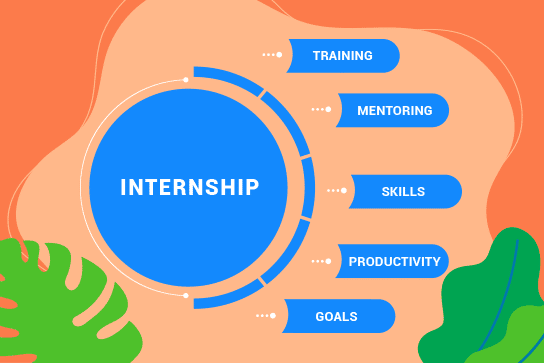LISTEN AUDIO
Last Updated on April 14, 2023 by Ozlinks Education
Subject: Show social and cultural sensitivity
This unit code SITXCOM002 describes the performance outcomes, skills and knowledge required to be socially aware when serving customers and working with colleagues. It requires the ability to communicate with people from a range of social and cultural groups with respect and sensitivity, and to address cross-cultural misunderstandings should they arise.
The unit applies to all tourism, travel, hospitality, and event sectors. All personnel at all levels use this skill in the workplace during the course of their daily activities.
Elements and Performance Criteria.
Elements describe the essential outcomes. Performance criteria describe the performance needed to demonstrate achievement of the element.
1. Communicate with customers and colleagues from diverse backgrounds.
1.1 Respect customers and colleagues from different social and cultural groups and treat them with respect and sensitivity.
1.2 Consider social and cultural differences in all verbal and non-verbal communication.
1.3 Respond to others in a non-discriminatory way.
1.4 Make attempts to overcome language barriers.
1.5 Seek help with communication when necessary.
2. Address cross-cultural misunderstandings.
2.1 Identify social and cultural issues that may cause conflict or misunderstanding in the workplace.
2.2 Address difficulties and seek assistance from others when necessary.
2.3 Consider social and cultural differences when difficulties or misunderstandings occur.
2.4 Make efforts to resolve misunderstandings, taking account of social and cultural considerations.
2.5 Escalate problems and unresolved issues to appropriate supervisor or manager for follow-up.
Assessment Requirements.
Performance Evidence.
Evidence of the ability to complete tasks outlined in elements and performance criteria of this unit in the context of the job role, and:
- communicate in a non-discriminatory way with colleagues and customers from at least three different social and cultural groups:
- demonstrating attempts to overcome language barriers.
- communicating in line with appropriate social and cultural conventions
- demonstrating respect and sensitivity
- identify when assistance is required in the above communication and seek help using the appropriate channels.
Knowledge Evidence.
Demonstrated knowledge required to complete the tasks outlined in elements and performance criteria of this unit:
- key principles of fairness and equity in relation to interaction with colleagues and customers.
- key cultural and religious protocols of main social and cultural groups in Australian society, including Australian Indigenous people.
- key cultural and religious protocols of main inbound tourist markets to Australia.
- different types of disability and their implications for the workplace.
- anti-discrimination policies for the industry and specific organisation.
- basic aspects of state, territory and commonwealth laws covering anti-discrimination, including requirements to:
- treat customers and colleagues fairly and equitably
- not discriminate, show partiality or grant any special favours on the basis of social and cultural attributes
- not threaten, humiliate or intimidate people because of their social or cultural attributes
- sources of assistance in communicating with colleagues and customers from diverse social and cultural groups:
- government agencies
- diplomatic services
- disability advocacy groups
- educational institutions
- interpreter services
- local cultural organisations
- approaches to overcoming language barriers in the workplace:
- communicating through the use of: gestures, signs, simple words in English or the other person’s language
- giving simple directions
- giving simple instructions.




